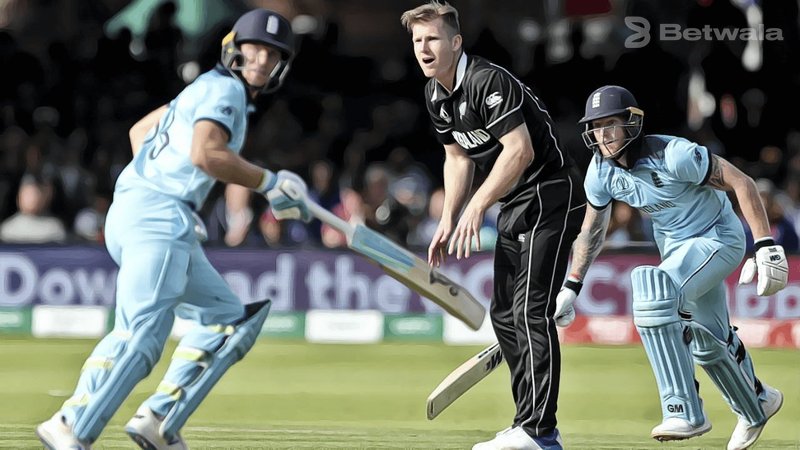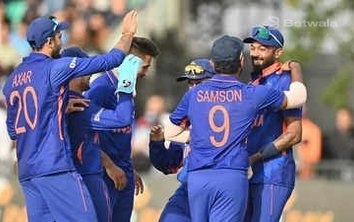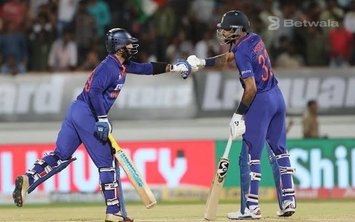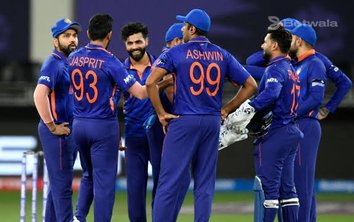If the boundary count in the final was also tied, who would have won?
The final match of the ICC Cricket World Cup ended in dramatic fashion. Tied with 241 runs each at the end of regulation, a Super Over was needed to decide who the winner is. Even after the extra overs, the score was tied at 15 apiece. However, because of a certain rule, England won the tournament by a very slim margin.
It was England’s first world cup and only their second finals appearance since 1992 where they were defeated by Imran Khan’s Pakistan team. Because of the way that England had won the tournament - superior boundary count - plenty of people were quick to judge and condemn the ruling. Kane Williamson said that he and his team didn’t lose the match but there had to be a winner. But what if, after the Super Over, the boundary count was tied too?
According to cricket rules, two things can happen: if the number of boundaries is also a draw after the Super Over, only boundaries during the regulation match will be counted, OR if the count is still tied after the first rule, a count-back would have been taken from the final balls faced by both teams in the Super Over and the side with higher scoring delivery would have won.
For example, if both teams faced six balls in the Super Over, where one team scored four runs off the final ball while the other scored six from the first delivery, the second team would have won. Whichever was the last delivery faced by the two teams in the Super Over would have been taken into account and the team that scored more runs off its final delivery would have lifted the trophy.
The ICC Cricket World Cup only takes place once every four years. India will host the next World Cup and, given their loss to New Zealand, will look to capitalize with the tournament held on their turf. To find out more about the different cricket leagues, visit Betwala's page.
READ MORE: Cricket Leagues







